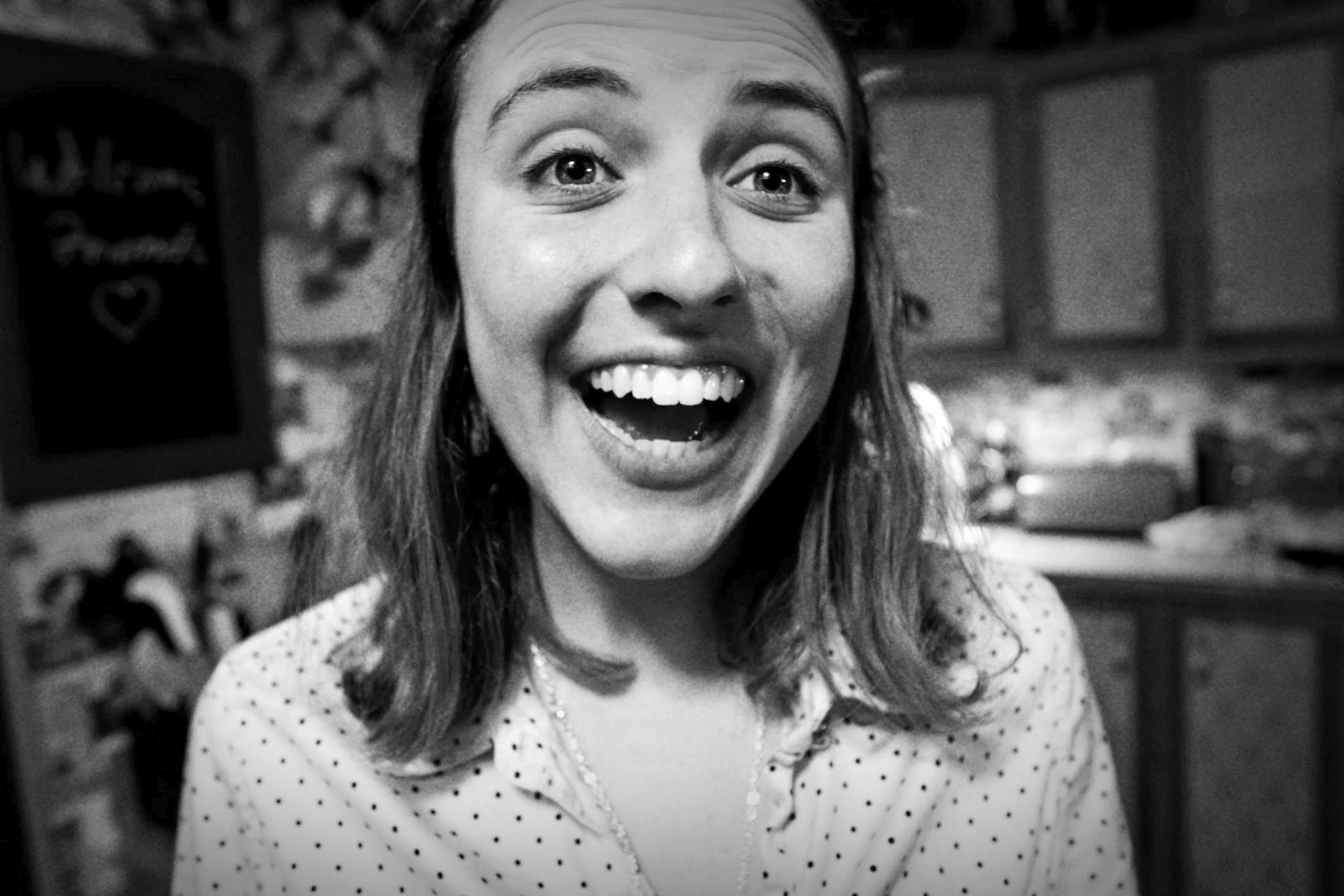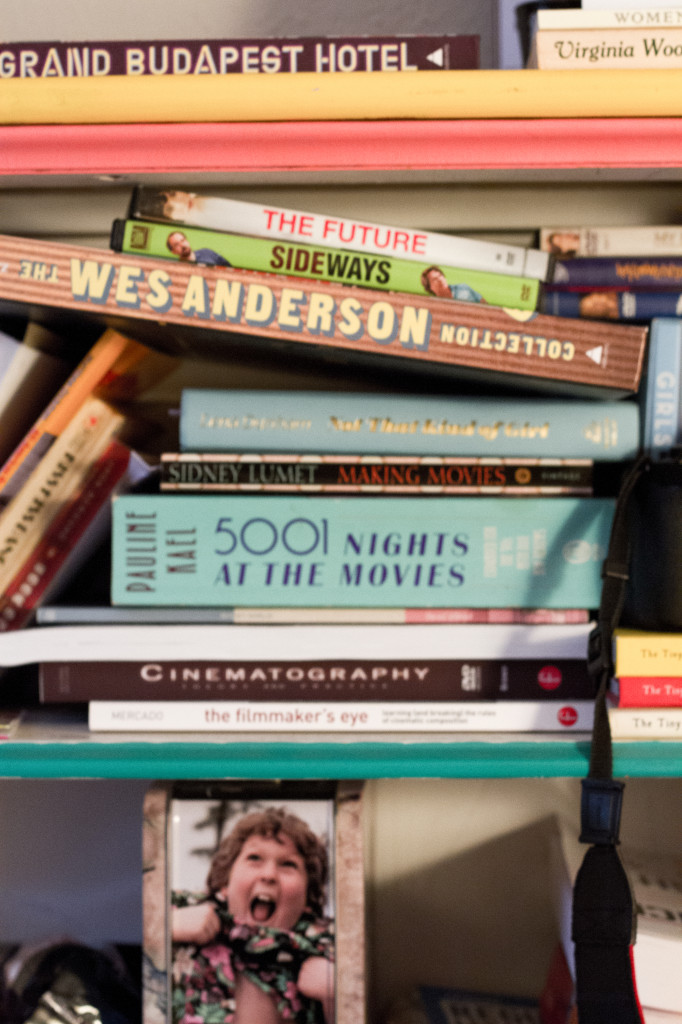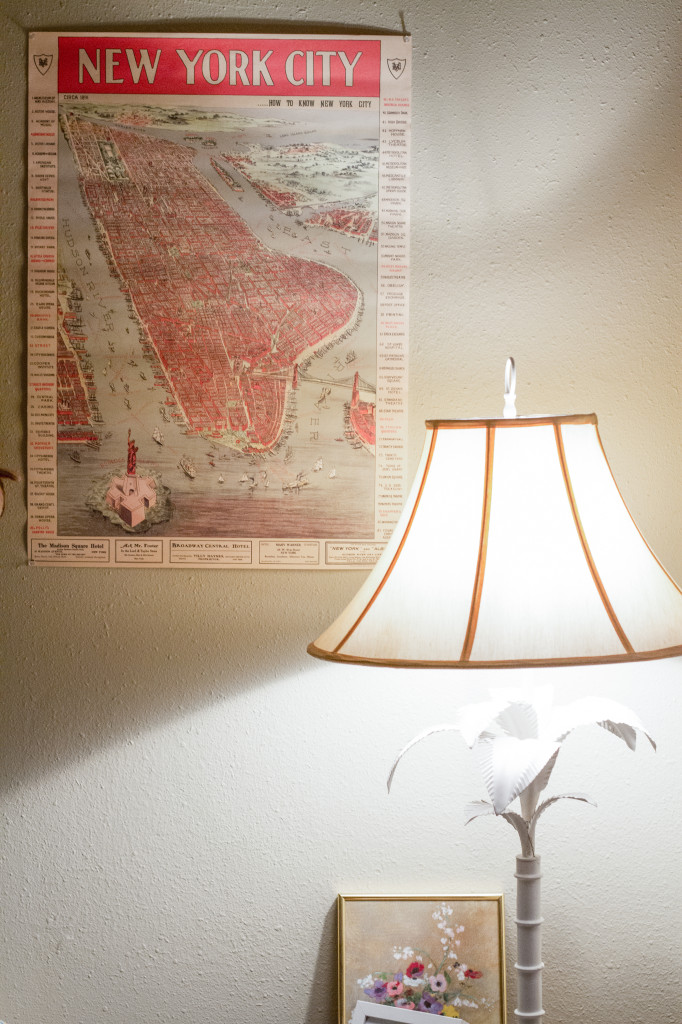
By Cassie Broadwin /// Photo Editor
Laurel Sager (’15) presents her new webseries: The Undergraduate, an episodic saturation of the experience of attending a liberal arts college in full motley.
Alright, describe the path that led you to be where you are today as a creative.
Laurel: “My interest in visual arts really came from my introduction to portrait photography during high school. I was obsessed with Annie Leibovitz, and began devoting a lot of time to making portraits. I became the head photographer for the school newspaper and thought I would go into photojournalism at some point down the line. I didn’t experiment with film or moving pictures at all in high school, really.
I spent my freshman year at Pitzer College where I found a job in the equipment cage and just surrounded myself with students and professors who loved production. I was introduced to the classic filmmakers: Stanley Kubrik, Orson Welles, and I started to see film as more as an art form and less as a passive activity.
It didn’t take long at Pitzer to find myself being lonely and feeling homesick; I began to reach out to my Aunt Sherry—to whom I owe most of my knowledge about films and movies. She’s lived in LA for almost her entire life and has been a part of the film industry for longer than I can remember. She and I spent that year just watching movie after movie, reading screenplays and articles, tracing directors. She introduced me to Woody Allen and his wonderful dialogue, and I started noticing the production values and nuances of performance. Yeah—I’d say that year was pivotal in my path to getting to where I am now.
When I transferred to Lewis and Clark, I knew that I wanted to major in media studies and seemed to fall more and more into the film scene. And, that’s where I’m at now. In my head, I keep telling myself: “You need to start producing.” So recently, I arrived at the idea of creating a web series—(ideally) simple because of the tech resources I have available to me at this point in life, and based off writings and ideas I’ve already been playing with for some time now.
How would you describe your writing process?
Most of my dialogue is influenced by the conversations of strangers. I write down blurbs of dialogue that I overhear others say and turn it into a short scene or conversation. Sometimes I’ll come up with dialogue when I’m out on a run or about to fall asleep, at a bar or with my friends. Most of my dialogue is, I guess you’d say, nonfictional.
If you could identify an “aha” moment in your creative career, what would that be?
I made a minute and a half long short film based on one of my favorite Shel Silverstein poems and decided to submit it to the Ashland Independent Film Festival, and it was accepted. The coolest part of this was that, no matter how young you were or how long your film was, you got an all-access filmmaker badge and were treated kind of like royalty.
When my film got in, I did feel a little silly because it was so short, but I ran the festival for all it’s worth. I had access to the filmmaker lounge where I met a lot of producers and directors I still keep in contact with. I experienced the Q&A sesh from the answer side, and was like—yeah, I could get used to this.
The “aha” moment came when I saw my work projected on this massive screen in a dark theater with hundreds of people in the audience. I realized this was what I wanted to do.
Where do you see yourself in five to ten years?
I want to write and direct a feature. Of course I’m scared to do that, but it’s just something I need to do. It doesn’t even matter what comes of it, if anything comes of it. I’m going to put in my all to make this little film, taking place in my hometown, and submit it to festivals. If no one wants it, then I’ll move on. I can rest assured – that I did it.
At some point I want to live in New York City, even though I have no idea about what I would do there. Though, that’s kind of the fun thing about moving to New York City. Eventually, I see myself working with independent production companies or lifestyle publications. It’d also be a dream to work for a film festival, or even start my own, way down the line.
Would you say you’ve always been creative?
I was kind of a tomboy throughout my childhood and was really just into sports up until my sophomore year of high school. I don’t remember particularly being that creative—I did write a lot of short stories and poetry, but I’m not sure I’d call them creative.
I did grow up in a very creative, progressive town. There are plenty of artists in and around the Oregon Shakespeare Festival that happens in Ashland every year, the community aspect of this definitely did have an impact on me.
I’d say I began getting more and more creative when I joined the newspaper in high school and immersed myself with that group of good writers and new perspectives.
Do you have a role model or mentor?
Like I mentioned earlier, my aunt was a major role model for my interest in film. Apart from that, Lena Dunham and Miranda July, are two female independent filmmakers that have been very influential to me. I like Noah Baumbach, Alexander Payne, and Wes Anderson.
What I like about Alexander Payne in particular is that he highlights people who would otherwise go unnoticed. A lot of his movies are set in small towns off the radar, often in rural America. I like that he uses film as a way to bring a spotlight to people who usually wouldn’t have a voice. I also feel connected to small town communities such as my own that have played a major role in shaping who I am as a person. Although my work right now is all about the place I’m at now in my life, I want to start shifting away and focusing on where the root of my values comes from, and I want to use film to show how valuable a small community can be in a world so big.
Favorite Wes Anderson film?
Fantastic Mr. Fox.
Do you feel a responsibility or a desire to use your work to contribute to something bigger than, or outside of, yourself?
I mean, to me the answer is obvious: Yes. But first, and I don’t want to sound egotistical, I have to figure out what I want to say in my work. Hopefully through that process, I’ll figure out how to contribute to the grander scheme of things, maybe to the role of women in film.
Would you say that you are creatively satisfied?
To me, being creatively satisfied goes hand in hand with enjoying your work. I’m very hard on myself, and so far haven’t been able to look at something I’ve created and be completely satisfied with it. At the same time, I don’t know if this feeling will ever go away.
I also think that I sometimes get caught up thinking about the end result and where I want to be, and forget to appreciate what is happening right now. I’m the kind of person that has the “grass is always greener on the other side” mindset, and I’m currently trying to adjust to the contrary — that although I’m not completely creatively satisfied right now, it’s okay.
If you had any advice to give to other filmmakers, what would you say?
Film is such a collaborative medium, and over time I’ve realized that I like having control of all aspects of a process. But through the production of this web series, I’ve learned that it’s a good exercise for me to let go of some things — camera, editing, and just trust that the people I’ve chosen to collaborate with will do a good job.
Would you like to introduce The Undergraduate?
Over the past four years that I’ve been in college, I’ve collected phrases and segments of dialogue stolen from strangers’ conversations, or from friends, or drafted in my quiet moments. This web series is my way of bringing these to life.
So, in a way, it’s a collaborative project representing many voices. But, it’s also a straight series on what it means to be a 21-year-old undergraduate student at a liberal arts college and how, when you take a step back and look at it, it really is a funny experience. I’m just trying to say it like it is.
On a larger scale, it’s a culmination of all the things I’ve wanted to say about our generation and about the stereotypes attached to liberal arts students. But like I said, it is what it is, it’s just a medley of real conversations I’ve overheard all put into one. Besides, I feel that’s how our conversations are at this point in our lives. All we seem to care about is what we’re saying— like we’re having a conversation with ourselves even when we’re talking to someone else. I found it only fitting to mash these conversations into one cohesive interaction between two people.
Subscribe to the Mossy Log Newsletter
Stay up to date with the goings-on at Lewis & Clark! Get the top stories or your favorite section delivered to your inbox whenever we release a new issue.



Leave a Reply